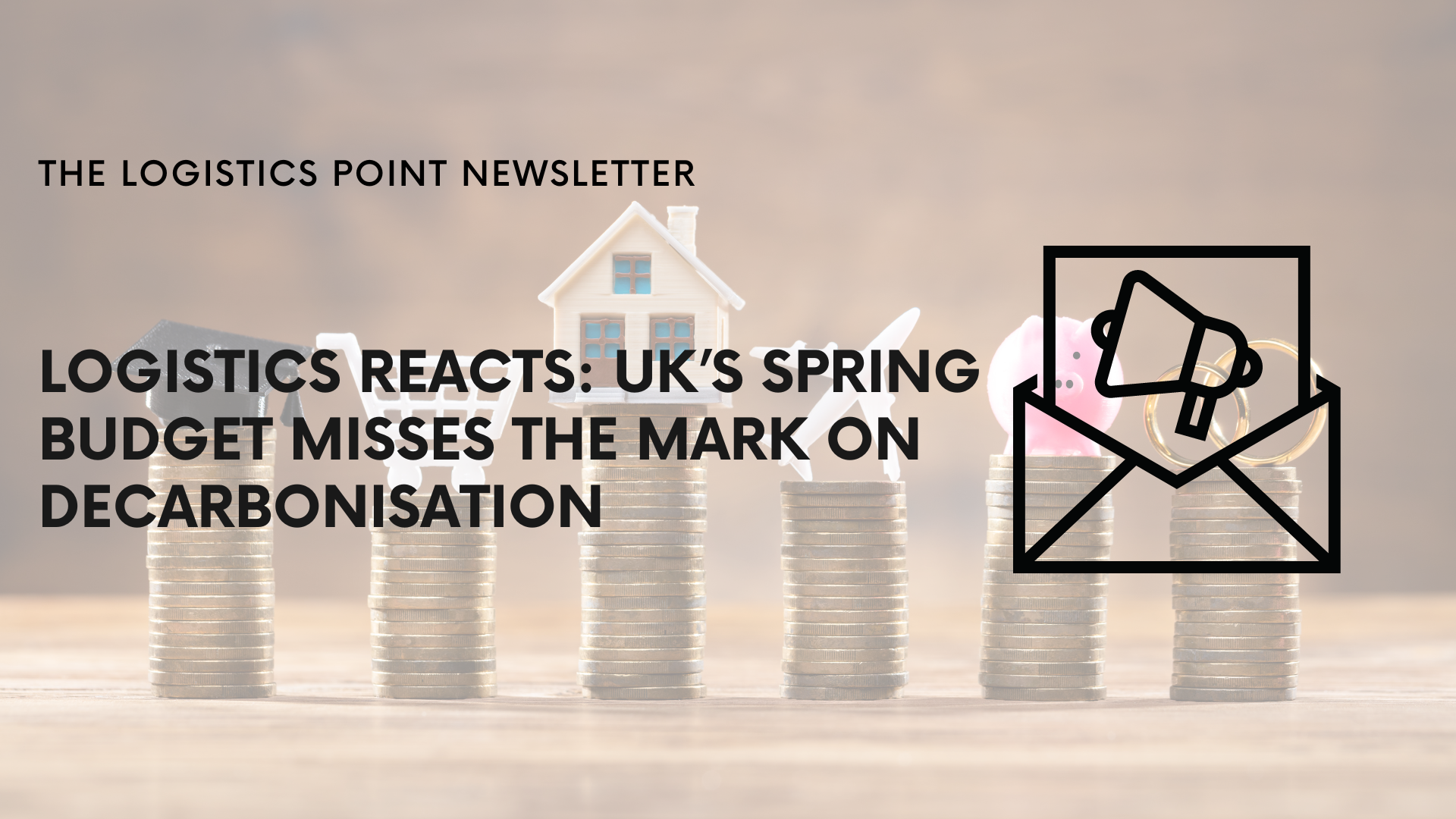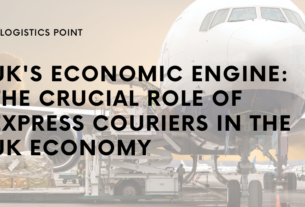The Spring Budget has become the focus of the UK’s news this week. Although some of the measures in it are welcomed, the logistics industry has reacted with mixed feelings. The 5p cut to fuel-duty is a positive but expended and minor decision. Overall the industry comments that the mark on the big picture was missed and the budget was all about the election year ahead.

“This is definitely an election-year budget, complete with populist headline-grabbing acts like keeping the 5p cut to fuel duty. Look closer and it appears that the average driver will save only £50 per year – haulage companies will save considerably more of course, but only because they buy substantially more fuel. It is also important to consider that no chancellor has raised fuel duty since 2011, so it is not the case that this is a giveaway so much as a continuation of the status quo that does nothing to address why fuel prices are so high to begin with,’’ begins Paul Holland, Managing Director for UK/ANZ Fleet, FLEETCOR in his reaction to the latest UK budget.
Overall the mood in the logistics sector is that this was a slightly disappointing but expected budget. The allocation of £250m to the R&D Net Zero fund for automotive and aerospace, continuation of full expensing for business assets and even the increase in the VAT qualification to £90,000, while not major moves, are positives.
The 5p cut seems to get the most attention with Logistics UK’s Director of Policy Kevin Green saying: “The extension to the 5p per litre cut in fuel duty announced by the Chancellor in today’s Budget is good news for the logistics sector, at a time when the industry is facing increasing cost pressures from rising wage and fuel costs. Logistics powers every part of the economy, and an increase in operating costs at this time caused by the reversal of the fuel duty cut could have caused disastrous inflationary pressure on the economy. Maintaining the fuel duty cut will provide logistics businesses with more certainty as they drive the transition to a greener economy.” Meet Logistics UK at our ESG event in London on the 22nd May. Get a ticket now!
More assistance for EVs needed
In a lot of ways, one of the wins this government can claim over the last 14 years is its commitment to electrification, and the impact that its policies have had on the fleet sector in terms of moving to zero carbon emissions have been marked and dramatic.
‘’However, the truth is that more assistance in this area is now required – especially when it comes to van electrification where there are fundamental issues to overcome as well the need for a further increased rollout of charging infrastructure – and there was no sign of that help arriving at any time soon,’ comments Paul Hollick, Chair at Association of Fleet Professionals.
His words are echoed by Philip Nothard, Chair, Vehicle Remarketing Association. ‘’What we really wanted to see from the government was help to underpin the proper functioning of the used car market as it moves to electrification. There are clearly issues with levels of demand and residual values that need to be resolved as supply of EVs into the sector continues to rise quite rapidly. There are a range of possible solutions that have proven successful in other countries – from zero interest loans to subsidies. Unfortunately, there was nothing forthcoming in this area and this was a Budget that was very much about the politics of the forthcoming general election.’’
The decision to cancel the planned increase in fuel duty, effectively freezing it at its current rate, does little to advance the broader objective of transitioning to more sustainable modes of transport, according to the industry.
‘’The cost of running EV fleets, particularly those that rely on public charging stations, remains a significant barrier to adoption. A reduction in VAT on public charging could have served as a strong incentive for fleet operators to accelerate their shift to electrification, aligning with the UK’s ambitious environmental targets,’ explains David Bushnell, Director of Consultancy and Strategy, Fleet Operations.
The mood is that the Spring Budget could have been more focused on helping work towards the bigger decarbonisation story and its associated costs. ‘’The lack of reduction on VAT for public EV charging points was a surprise; this will have a particular impact on smaller fleets who rely on public charging for their operation. So while they’ve made the commendable step to decarbonise their fleet, they’re being stung in other areas of expenditure,’’ Barney Goffer, UK Product Manager at Teletrac Navman UK continuous.
“Any investment in energy security is good for the UK’s drivers – electric vehicles are cheaper to run than internal combustion engine vehicles – but £120 million is a drop in the proverbial ocean,’ comments Paul Holland. A single commercial 3.5 mW wind turbine can cost upwards of £3.13 million, so if this investment went entirely into wind energy it would only add 134 mW to the UK’s capacity – a tiny percentage increase in the UK’s renewable energy generation. Without investment in electric vehicle infrastructure any increase in renewable energy would be wasted.
The £270m pledged to advanced manufacturing industries would require similar amounts of funding for the UK’s infrastructure to have any real impact. Logistics experts comment that they see truckers leaving the industry due to poor pay and conditions, no viable path to transitioning to cheaper or importantly, more sustainable fuels and poor-quality roads and ports.
A large part of the sector is disappointed and expresses the feeling of being left behind. If the UK is to become a global high-tech manufacturing hub then we need a full-spectrum approach. ‘’We note that part of the investment will go towards cars, though without knowing the details it’s hard to know whether the UK’s fleets and drivers will benefit,’ Paul Holland finishes.



